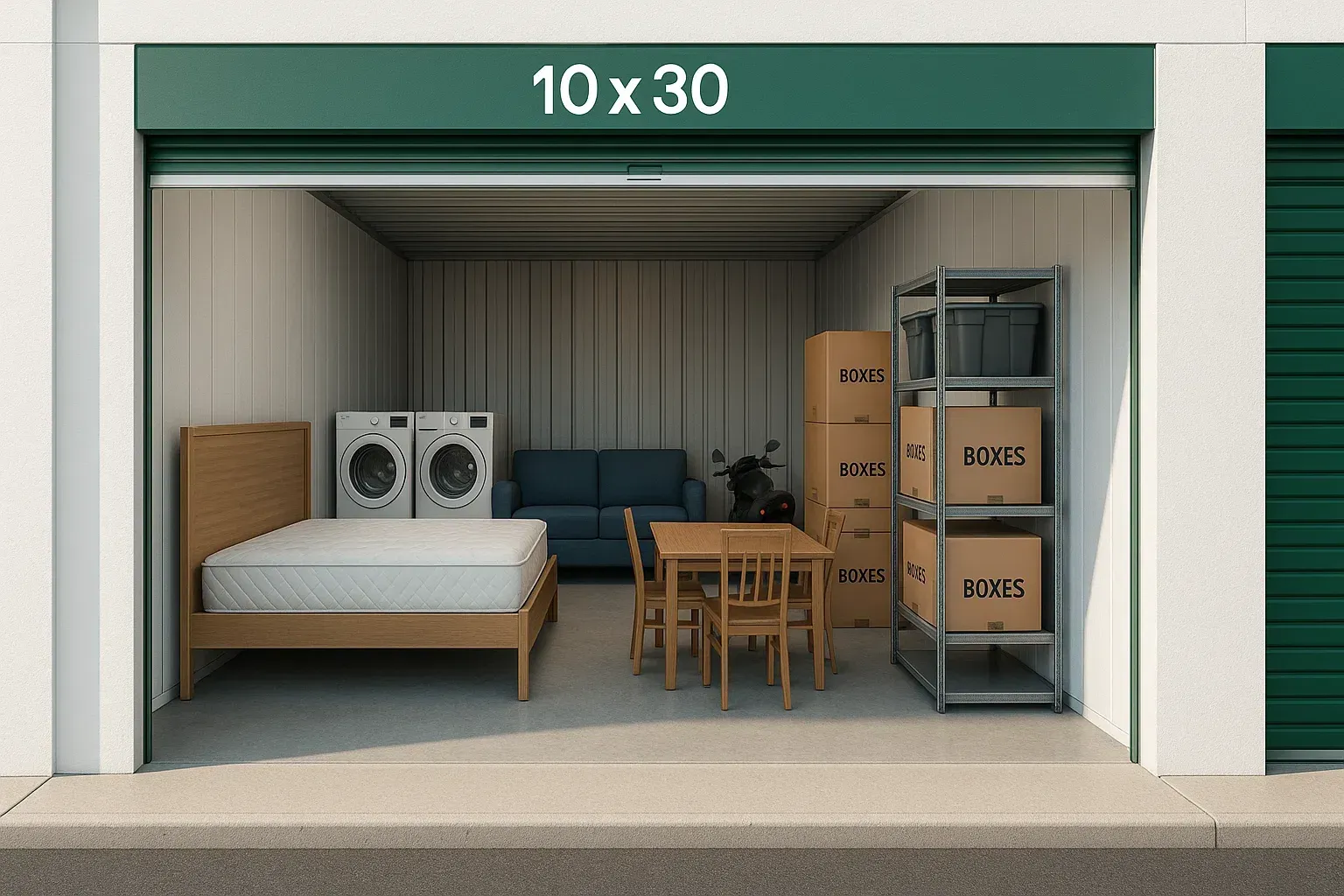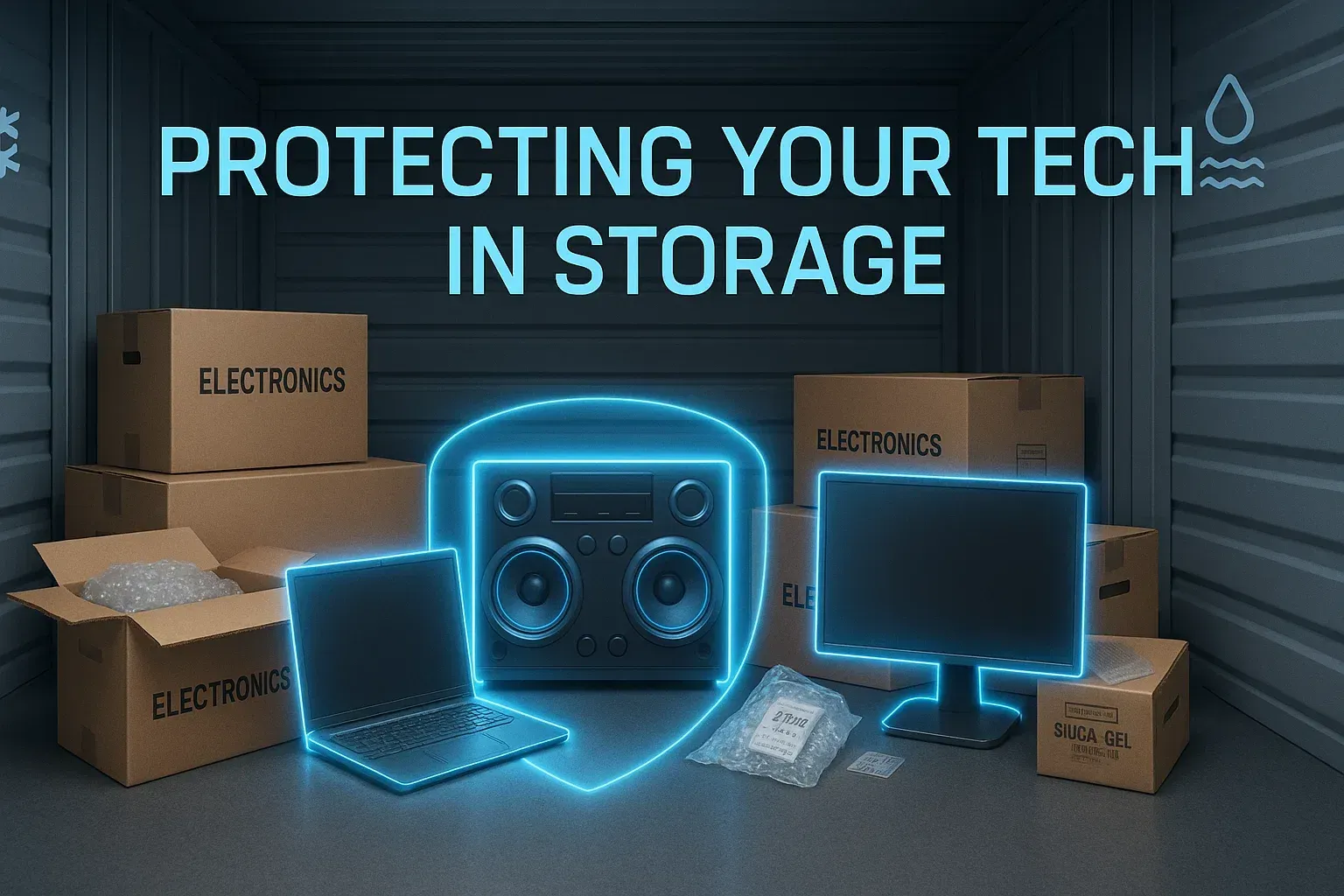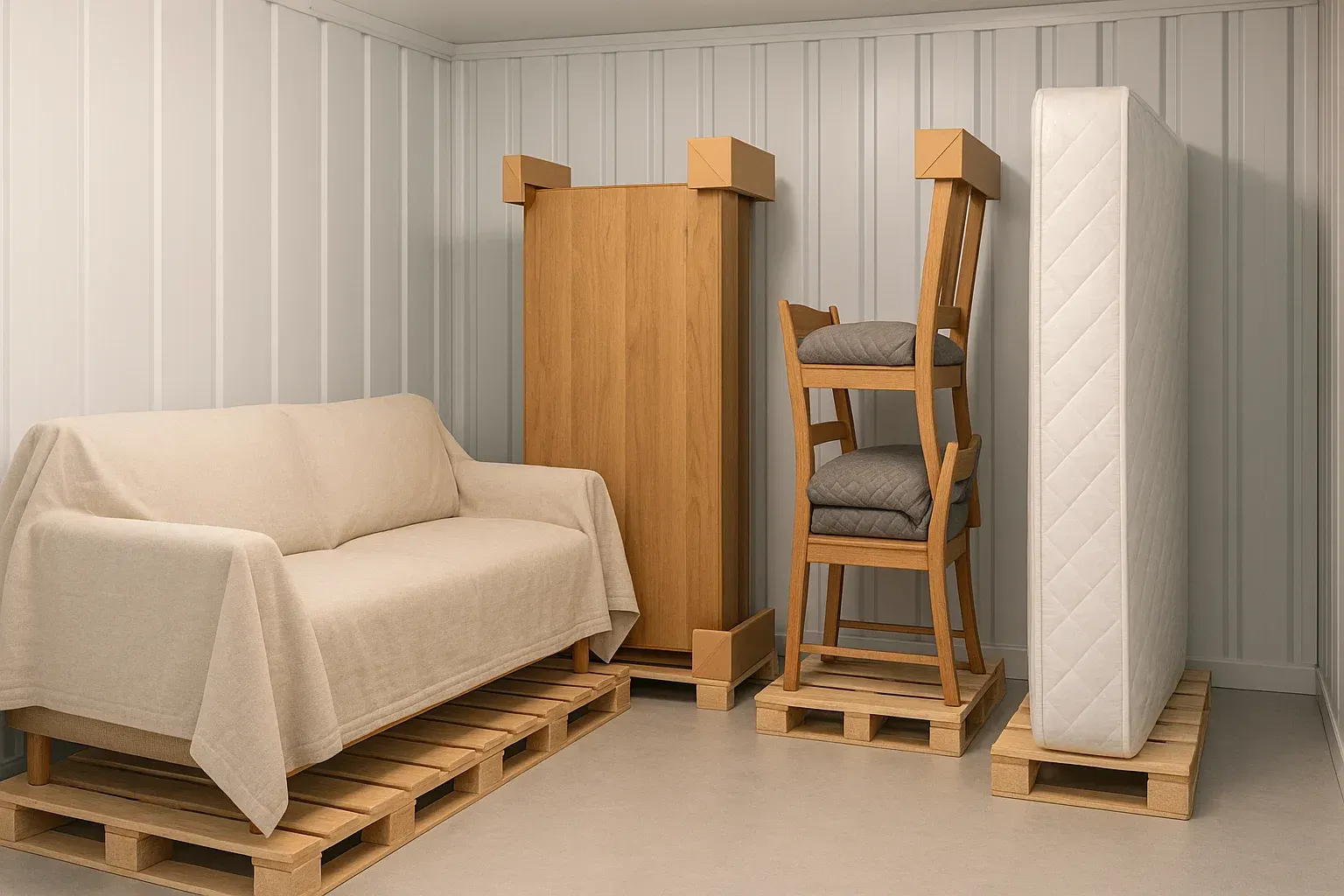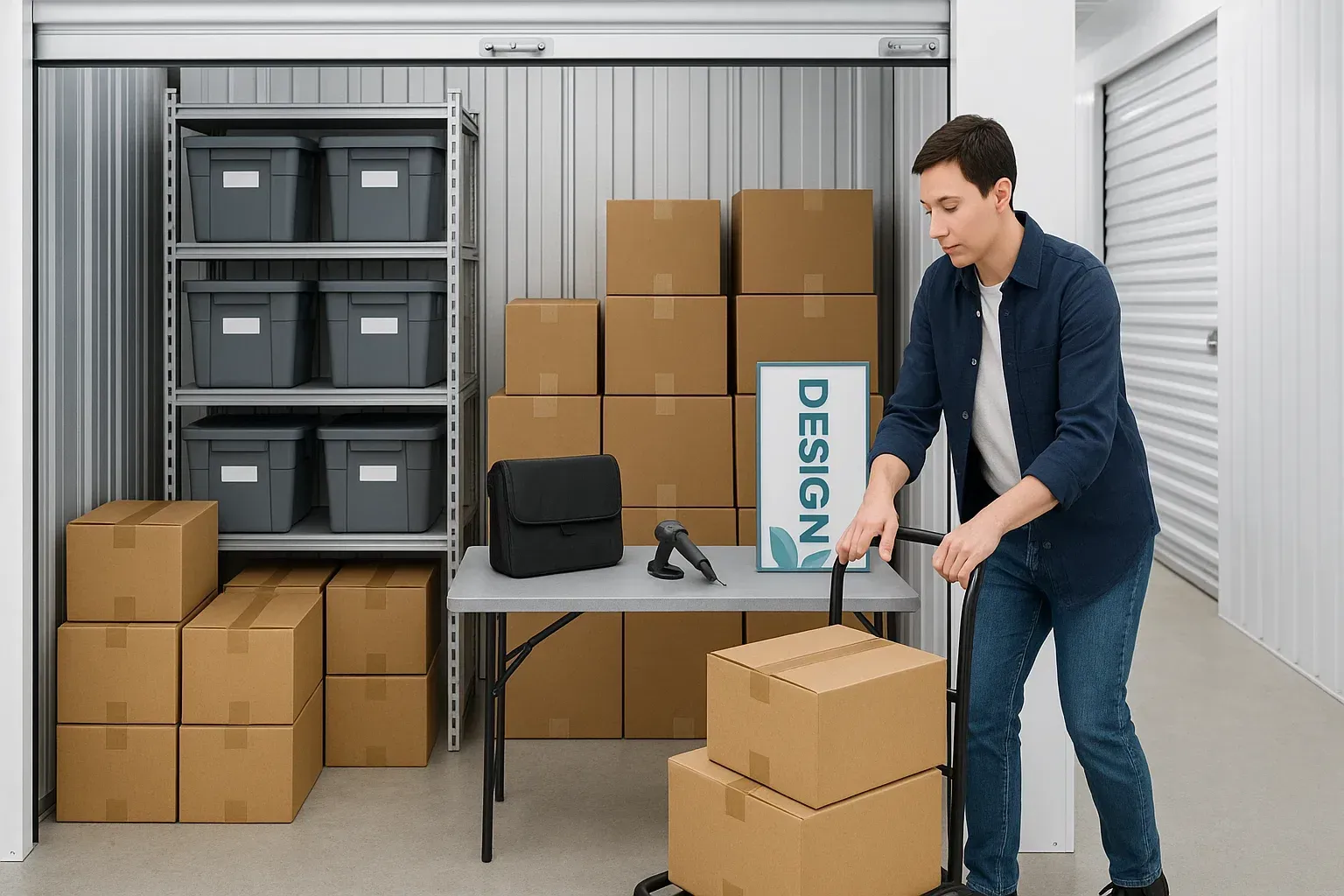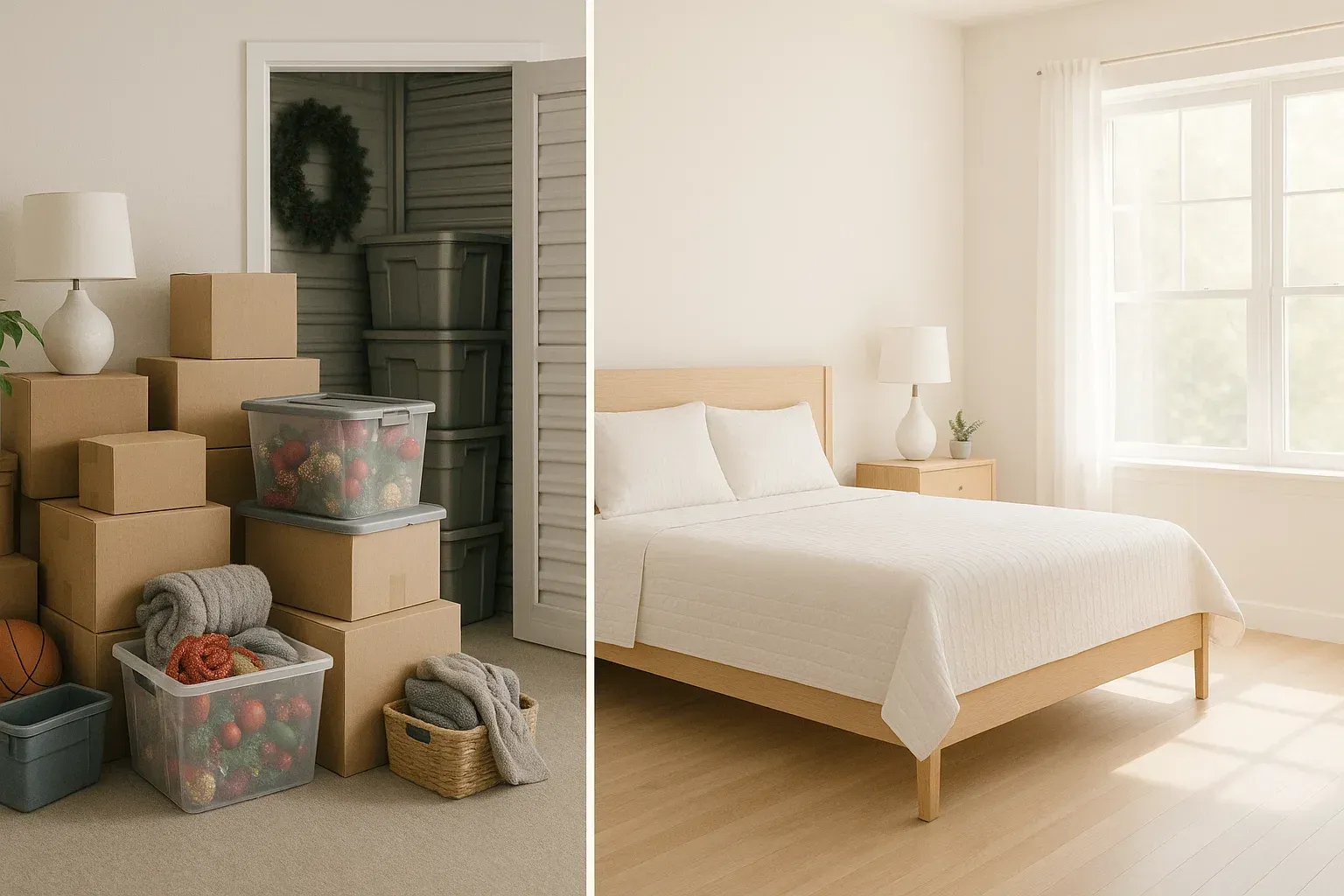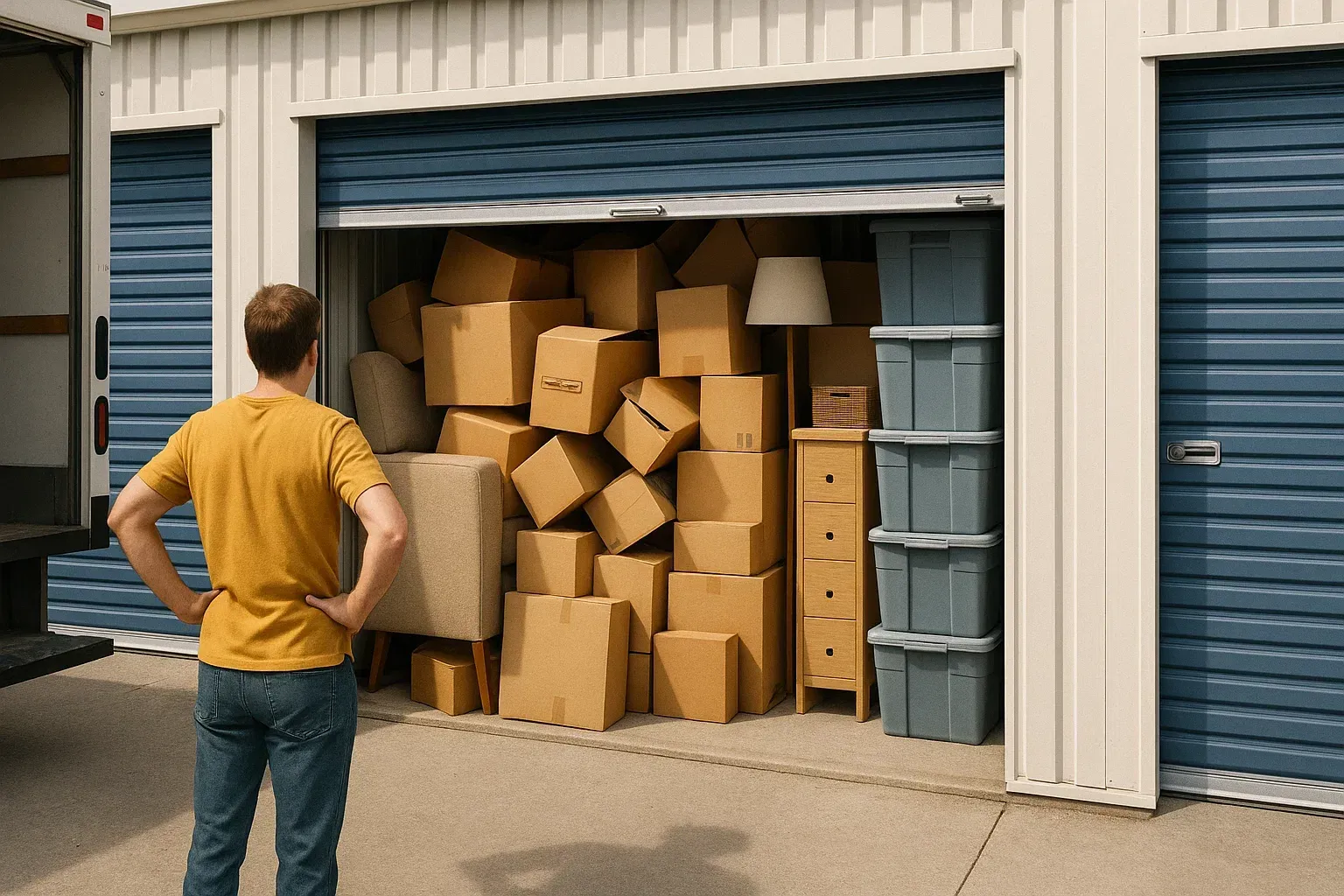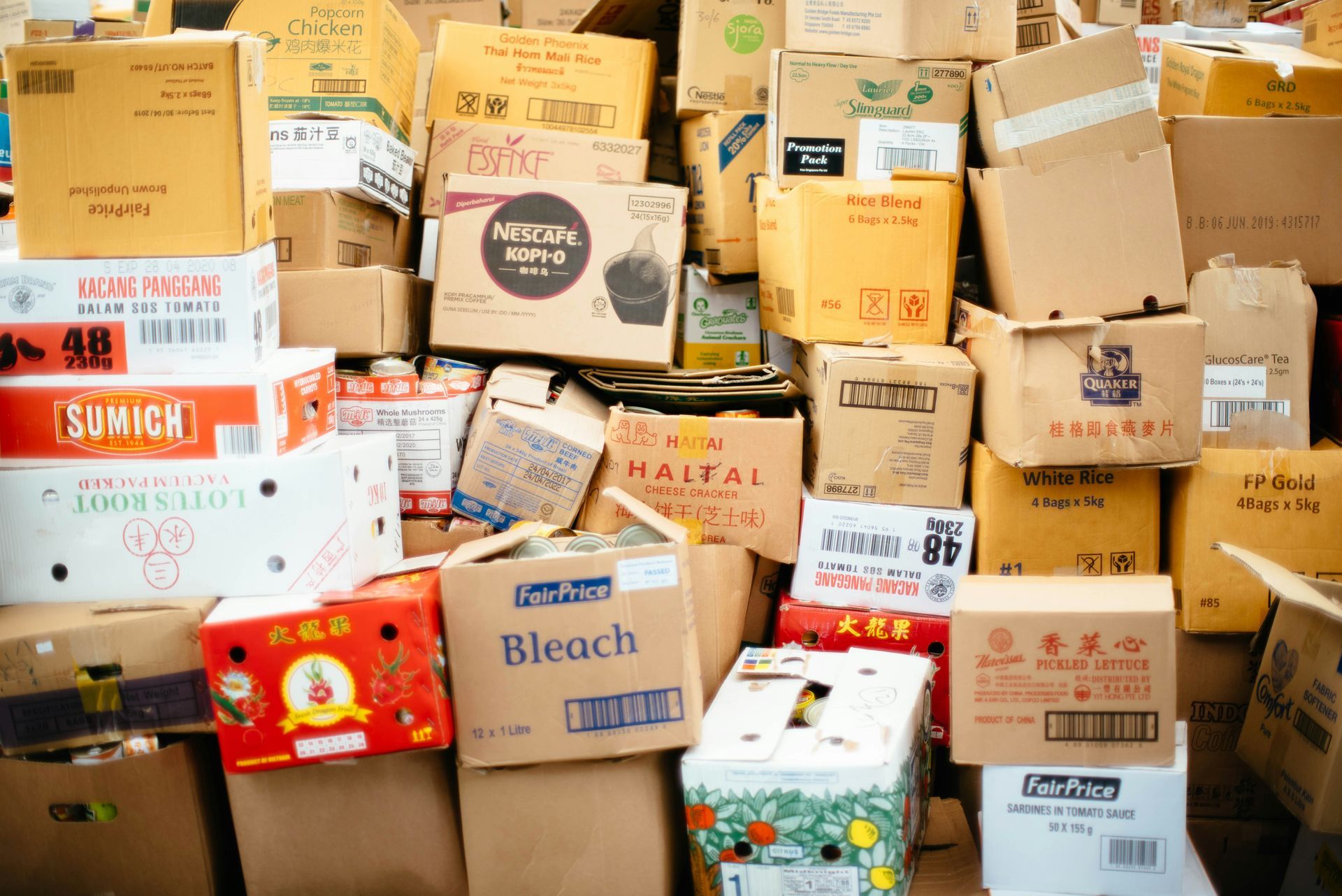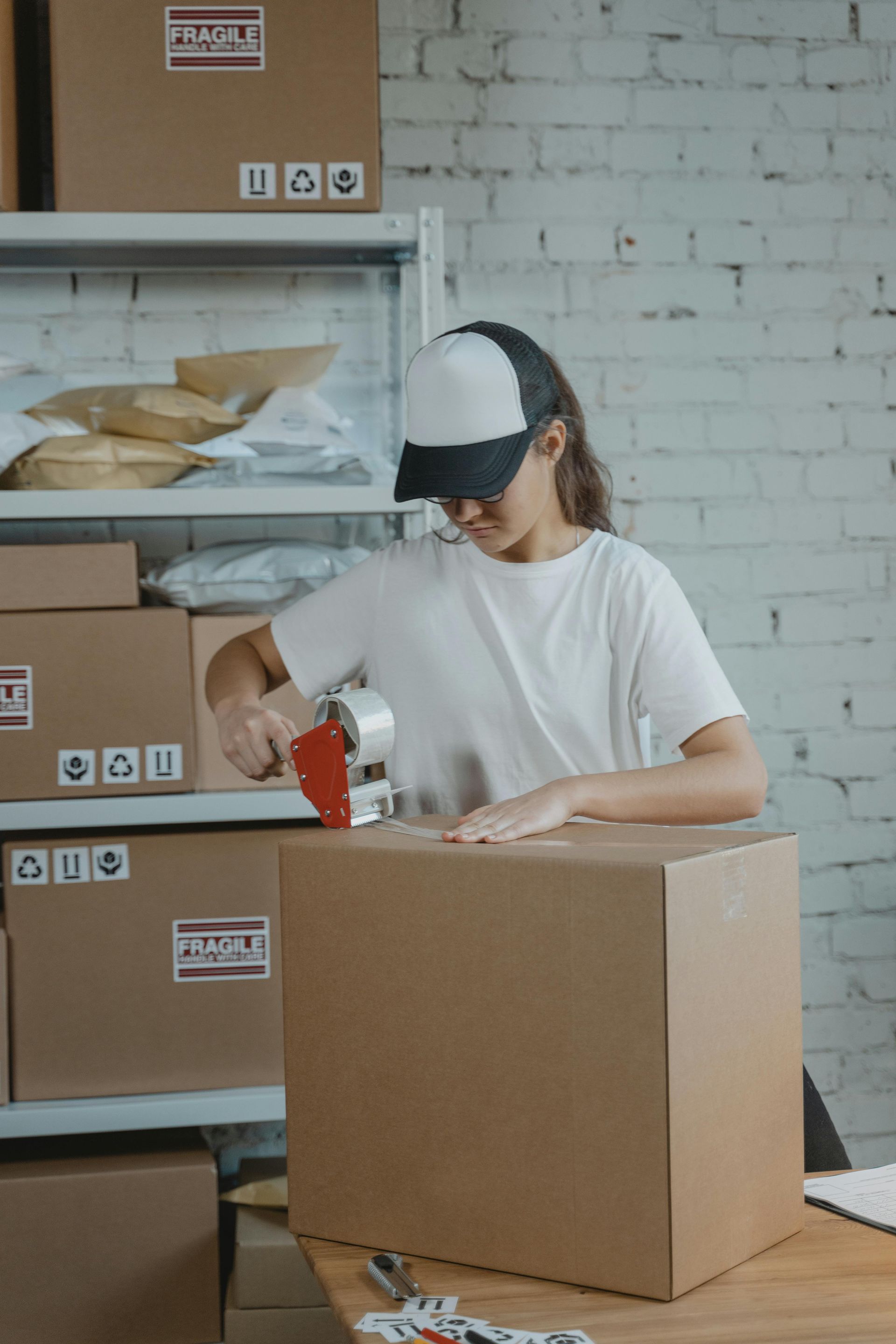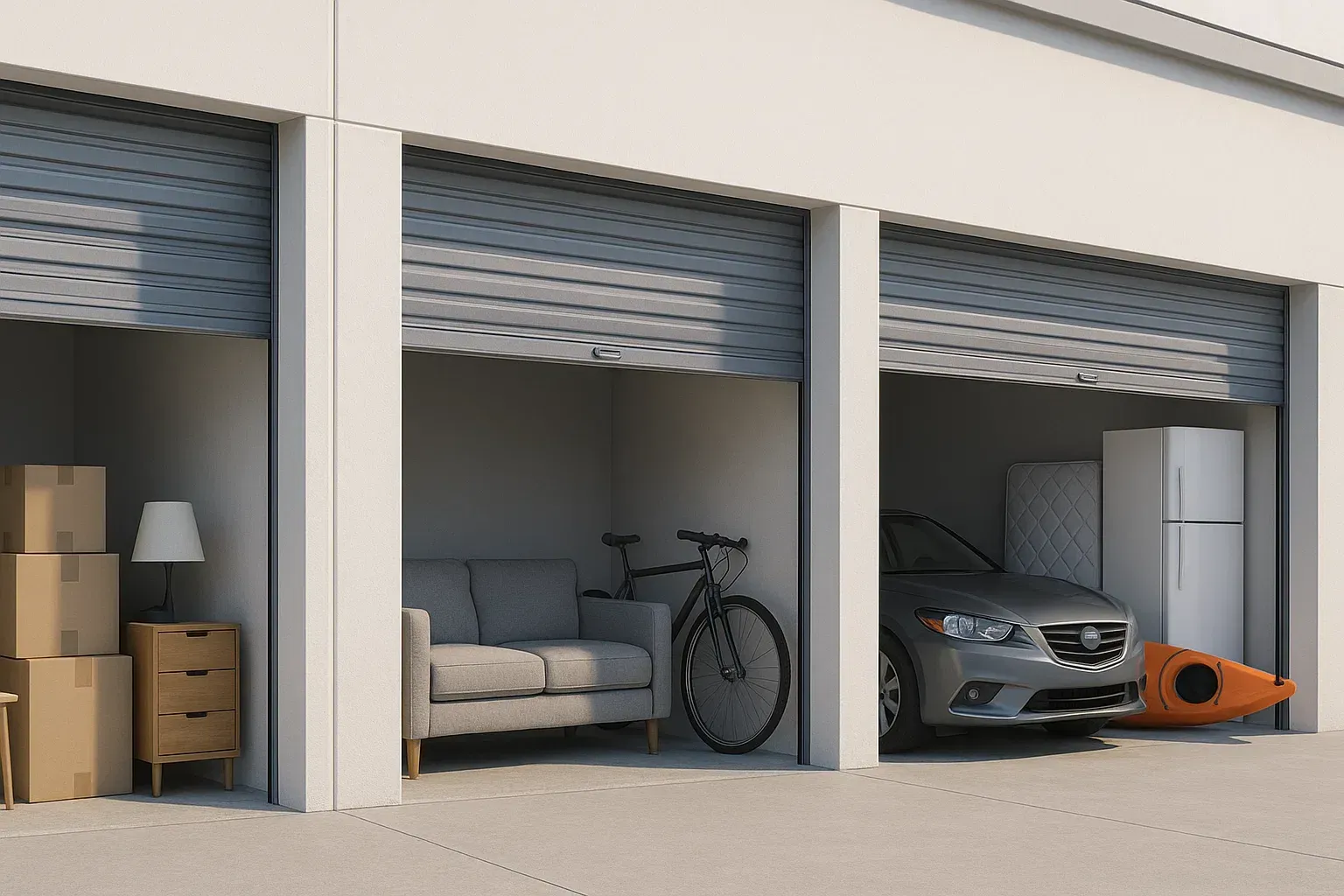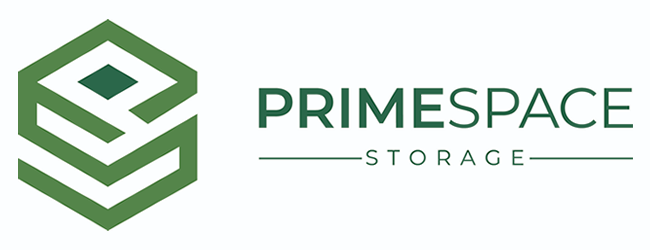Prohibited Items in Self-Storage: What You Can't Store
Prohibited Items in Self-Storage: What You Can't Store
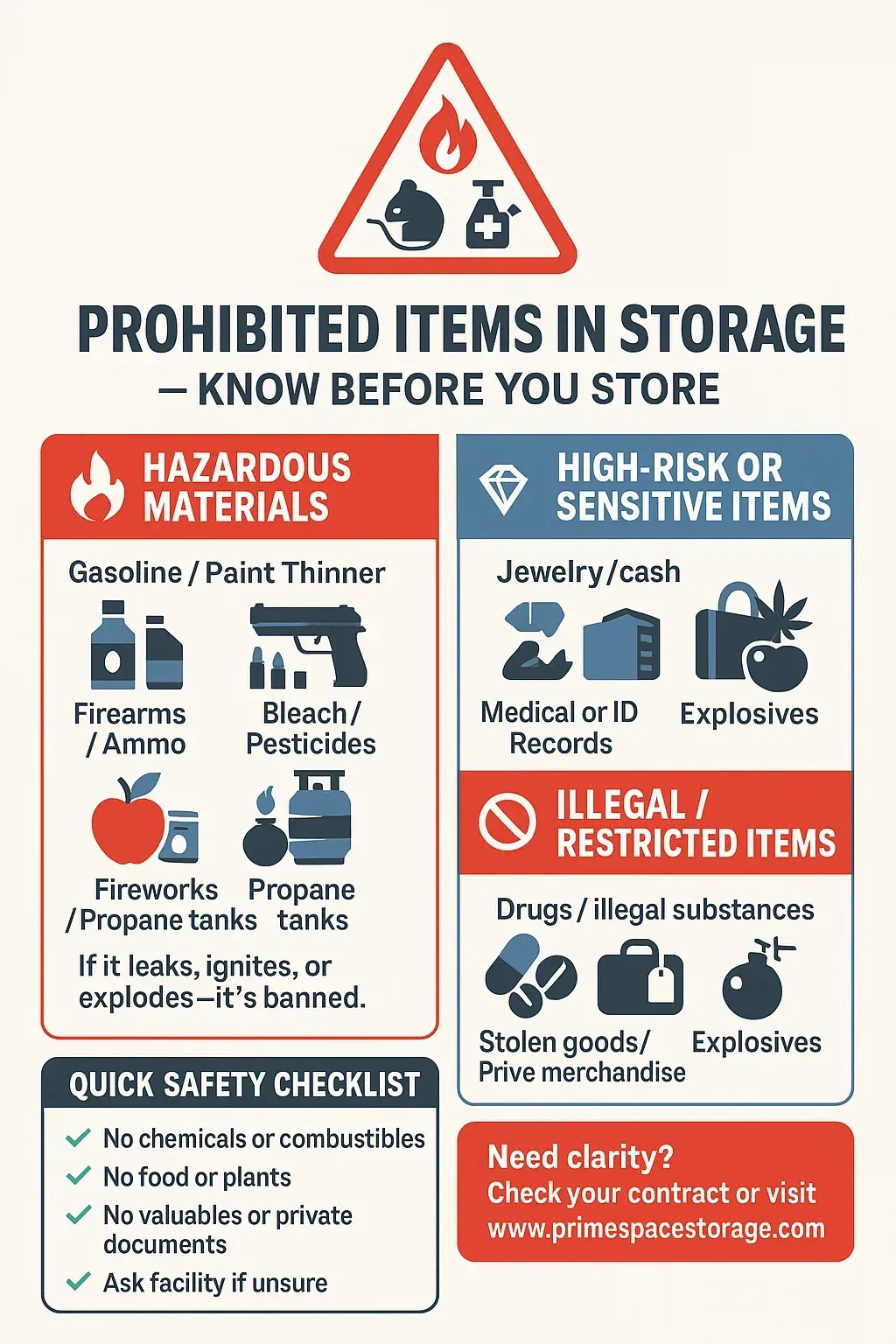
You pack everything up. Then stop. Something doesn’t feel right. You look at a box and wonder—can I even put this in there?
It’s not a weird question. Most people don’t think about what’s allowed until they’re halfway done. Then it’s either back to Google or awkward small talk with the storage manager. Either way, you’re wasting time.
Some things are obvious. Others, less so. You’d think a few cans of paint wouldn’t cause a problem. But they do. A friend found that out the hard way. Thought he was being responsible. Ended up fined. That’s how it goes.
Facilities like Prime Space Storage have lists. Rules. Terms. They’re not just for show. They’re about keeping things quiet and safe. For everyone.
Why the Rules Exist
Storage units aren’t dumpsters. They’re not bank vaults either. They sit somewhere in the middle. Which means the people running them have to make decisions.
Some of those decisions are legal. Others are about insurance. Most are about common sense.
If something leaks, explodes, rots, or draws rats—it’s a problem. Not just for you. For whoever’s next to you. Maybe above you. Maybe the staff that has to go in after the damage is done.
You’re not supposed to store anything taller than 18 inches from the sprinkler heads. That’s not a suggestion. It’s how you avoid blocking water in a fire.
They also don’t cover your stuff. Not really. You want protection, you get your own policy. Prime Space says if it’s worth more than five grand, you need their permission to keep it there. Which tells you a lot.
Things That Don’t Belong
Some things are just too risky. Gas. Propane. Fireworks. Even if the cans aren’t full. Vapors seep. Pressure builds. It doesn’t take much.
I've heard of places evacuated over a forgotten grill tank. One grill. One tank. It sat in the heat too long. You don’t want to be the person who did that.
Spray cans. Ammo. Paint thinner. Anything that catches, burns, corrodes, or hisses. Some places even ban mothballs. The smell alone.
Pesticides and bleach don’t seem dangerous until they spill. Or mix. Or start corroding the floor under your boxes. If it needs a hazmat label, don’t store it. Just drop it off somewhere that takes waste.
Perishables. Rodents. Mold.
Food seems harmless until you open a unit and see what it’s attracted. Even sealed packages. Even canned goods.
I heard about a guy who tried storing backup food. Thought it would save space at home. Then mice got in. Chewed through the labels. Left a mess that smelled like rust and droppings.
Plants are banned too. Live ones can’t survive in the dark. Dead ones rot. Either way, they draw bugs. Not worth it.
Prime Space says no food. No animals. Nothing that spoils or smells or leaks. It’s not just a rule—it’s how they avoid infestations. Makes sense.
Don’t Store Trouble
Illegal stuff is still illegal. Drugs. Guns. Fake goods. Even marijuana, if the facility says no, it’s no. Doesn’t matter what your state says.
They have the right to report you. And they will. I’ve seen units cut open with police standing by.
Firearms and ammo are banned in most places, even if you’re licensed. That’s what gun safes are for. Or proper vaults. Storage isn’t the place.
Stuff That’s Technically Allowed… But Shouldn’t Be
Jewelry. Cash. Medical records. Family photos.
Technically, you can store them. But if something happens, you’ll regret it. I know someone who lost boxes in a break-in. The unit wasn’t insured. Neither was she.
Some facilities, like Prime Space, won’t even let you store high-value or sentimental stuff without permission. If it’s irreplaceable, maybe don’t leave it in a metal box off a highway.
They also don’t want you storing ID info. No Social Security numbers. No old tax returns. Identity theft is real.
So Then What?
If it’s hazardous, drop it off at a waste site. If it’s food, eat it. Or donate it.
If it’s valuable, get a safe. A real one. If it’s sentimental, back it up. Take photos. Store the rest somewhere with climate control.
Read your contract. Prime Space posts their rules clearly. Don’t guess. Just check.
Sort your stuff: keep, toss, find another place. It’s not fun. But neither is getting a call from the manager saying your unit's been flagged—or worse, emptied.
They also don’t want people dumping things in the hallways or stuffing garbage in the on-site bins. If you're trying to disappear things, this isn’t the place.
None of This Is Complicated
You don’t have to memorize everything. Just use common sense. If it leaks, smells, burns, bites, rots, or carries a price tag you’d cry over—don’t store it.
That’s it.
